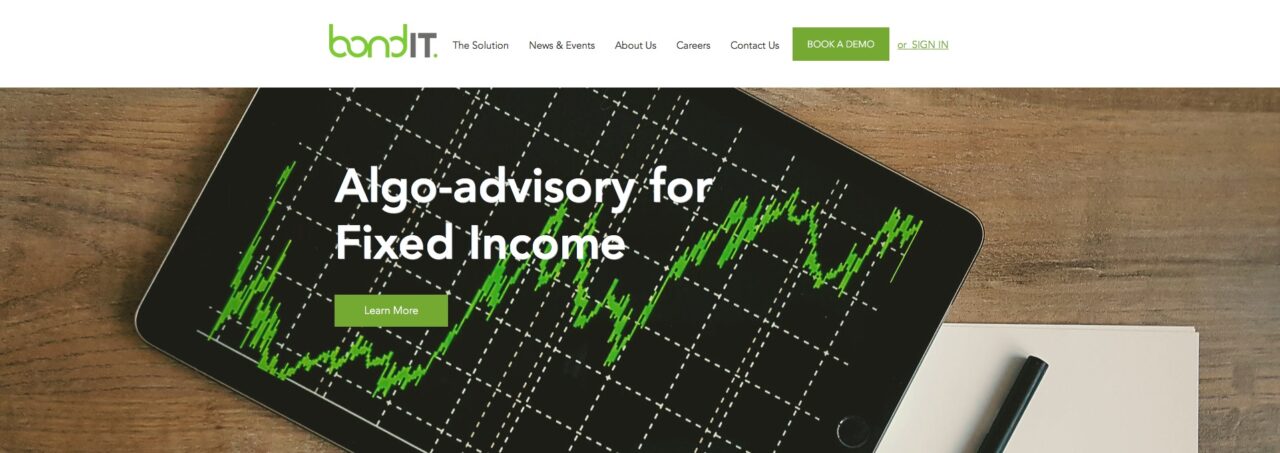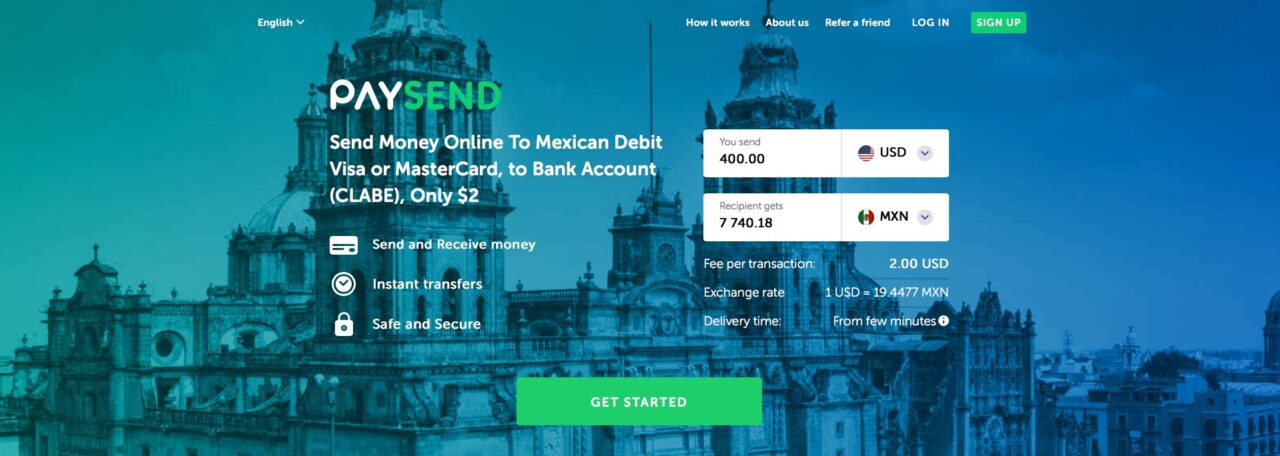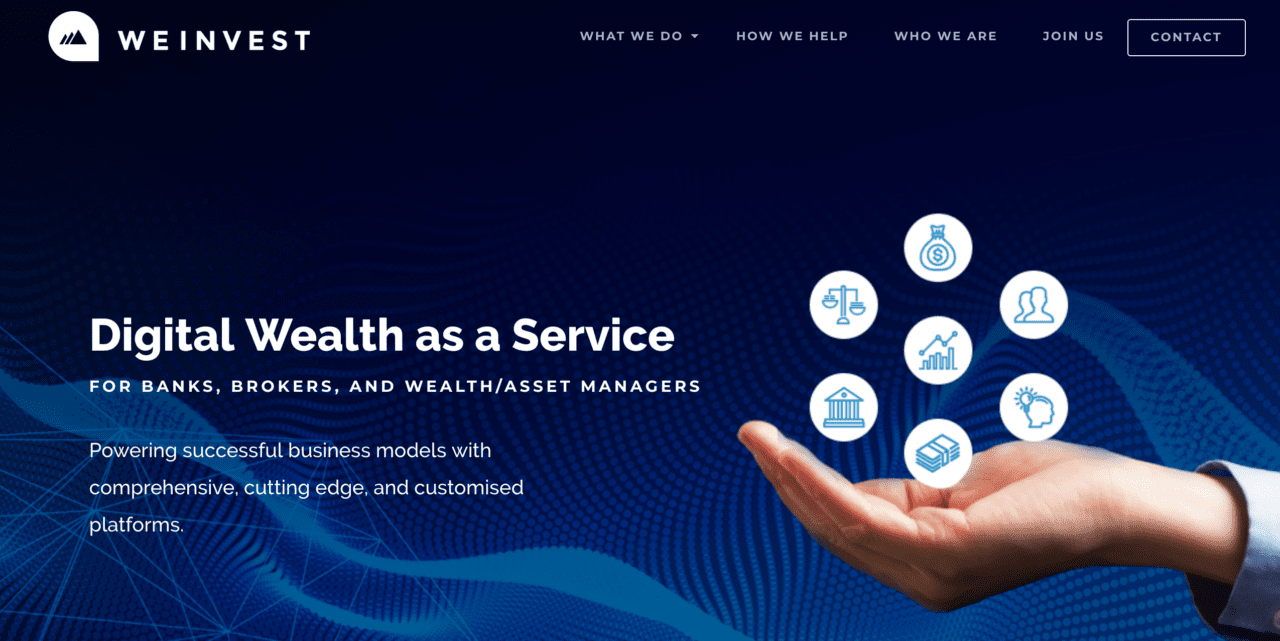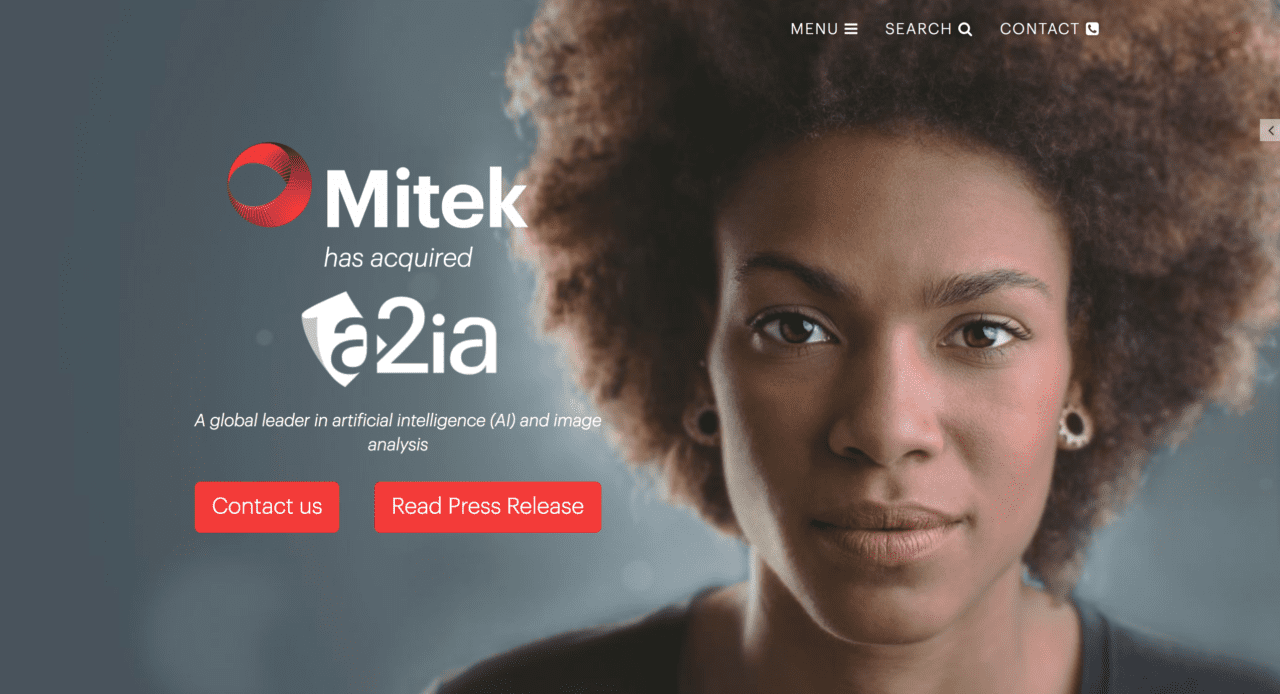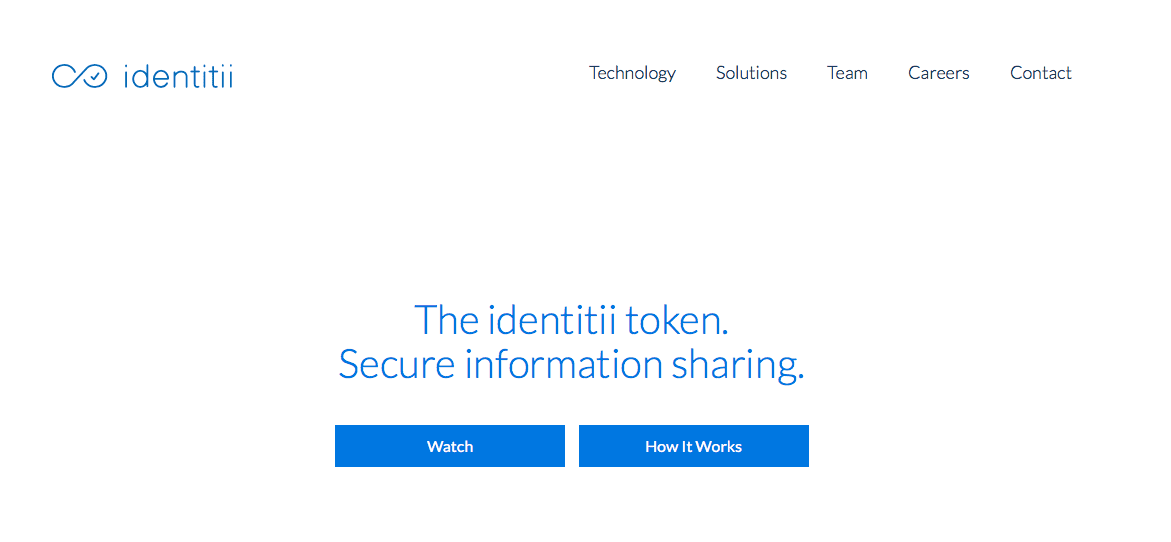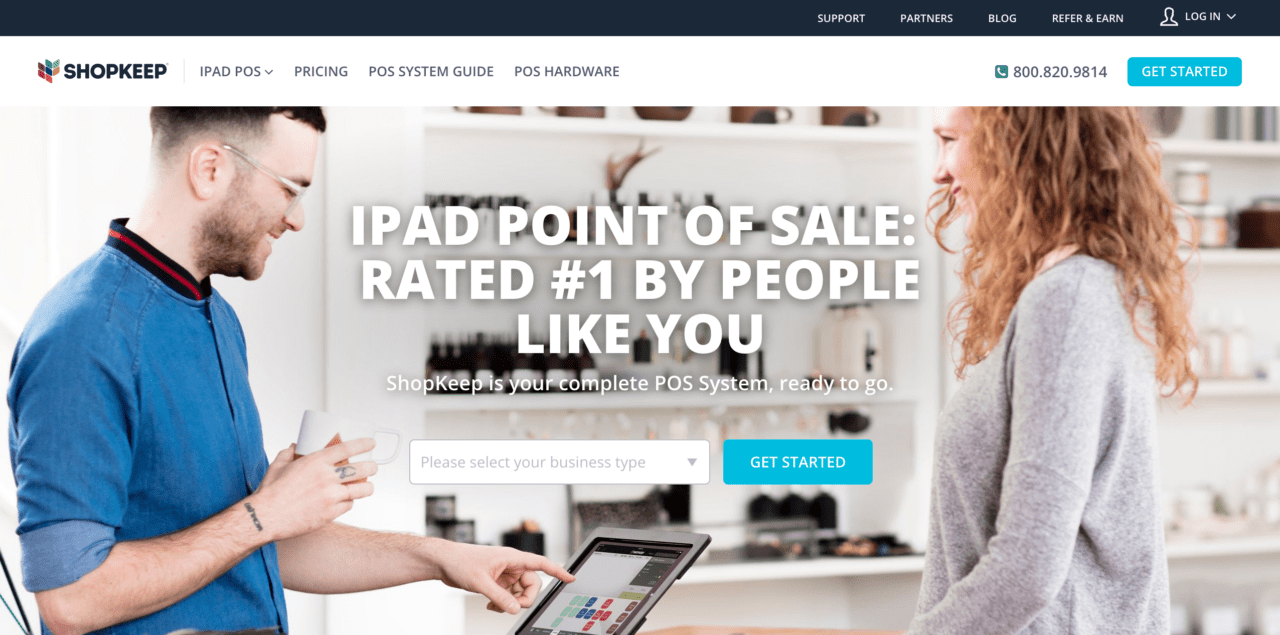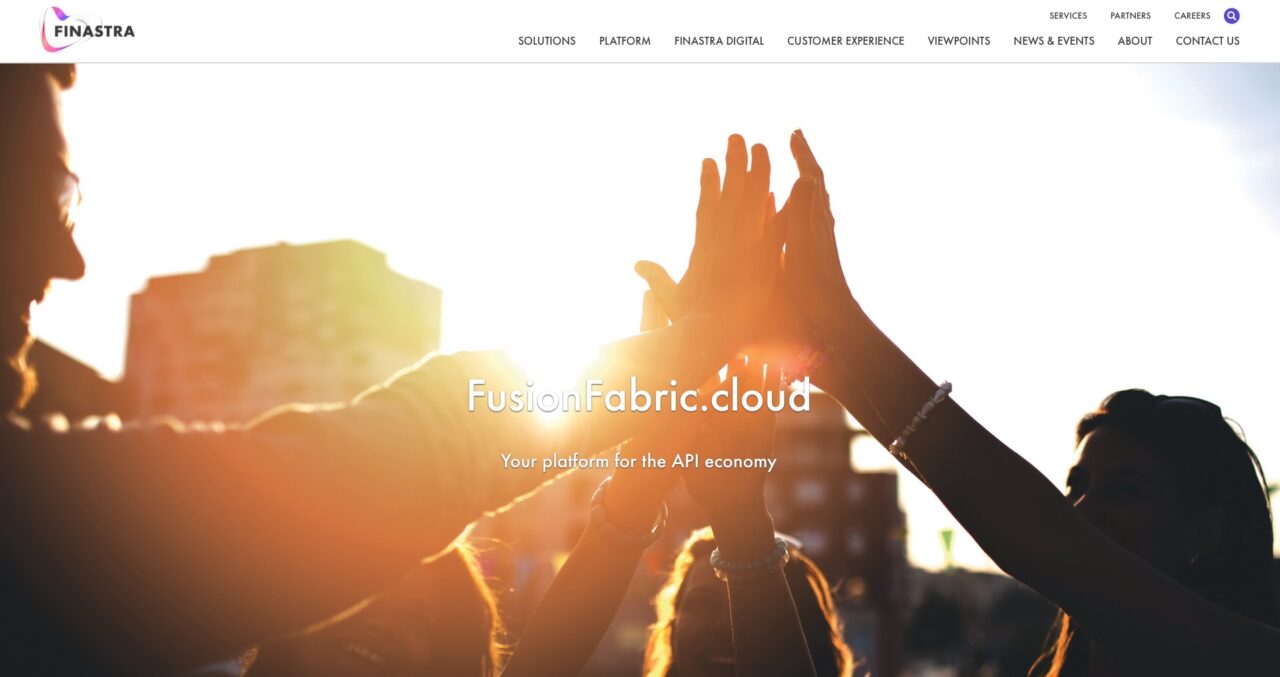With $4 million in new funding, BondIT has added to the Series B investment it announced last fall and taken the round’s total to $18.2 million. St. Louis Business Journal reported this week that the fixed income portfolio management platform provider plans to use the capital for product development among other initiatives.
The company’s Series B round has been led by major investor Fosun Group, a division of Fosun International Limited, a Hong Kong-based investment holding company. When the investment in BondIT was initially announced last fall, Fosun Chairman Guo Guangchang said that BondIT’s technology “compliments (its) own financial ecosystem” and will enable wealth managers to upgrade their solutions with disruptive technology. The Group also said the investment reflected a commitment to the Israeli market.
BondIT uses machine learning algorithms and data science to enable fixed income advisors to make superior recommendations, improve client engagement, manage risk better, speed trade execution and meet compliance regulations easier. The platform improves productivity by automating portfolio construction, optimizing returns tailored to the individual customer, and enhancing analytics, and risk monitoring.
Founded in 2012 and headquartered in Herzliya, Israel, BondIT demonstrated its fixed income portfolio management platform at FinovateFall 2016. The company began the year leveraging its strategic partnership with Fosun Group and relationship with Chinese financial data provider Wind to expand its coverage of China’s $7+ trillion interbank bond market.
In January, BondIT partnered with IBM, choosing the company’s ILOG CPLEX Optimization Studio to enhance its fixed income portfolio services. “By harnessing the ILOG CPLEX Optimization Studio tool within our framework, our platform can find the optimal solution within the constraints,” BondIT Chief Scientist Dr. Hillel Raz said. “If a perfect solution is not feasible due to the combination of constraints and market conditions, it can relax constraints to provide the closest fit for any set of portfolio requirements.”
The fact that the technology is cloud-based is also a major plus enabling the company, in the words of BondIT CTO Amit Godel, to scale as required to meet customer needs, as well as to “provide platform enhancements immediately.”
“The main advantage of the IBM technology for us as a startup was fast time-to-market, as well as its ability to handle many different types of variables and objectives, control numerous parameters, and handle infeasible problems,” Godel said.
Etai Ravid is BondIT founder and CEO. Check out our profile of the company featuring a Q&A with Ravid.
